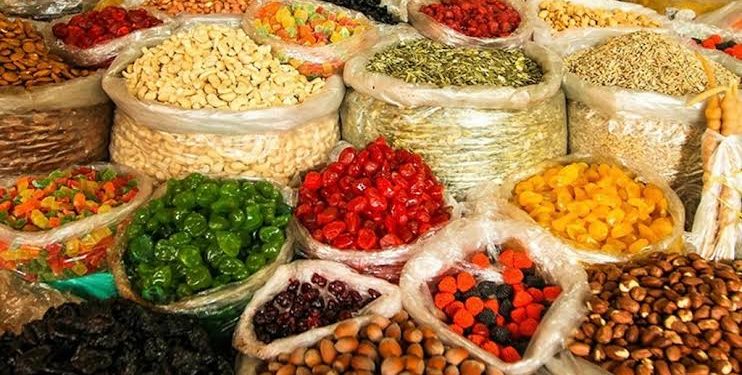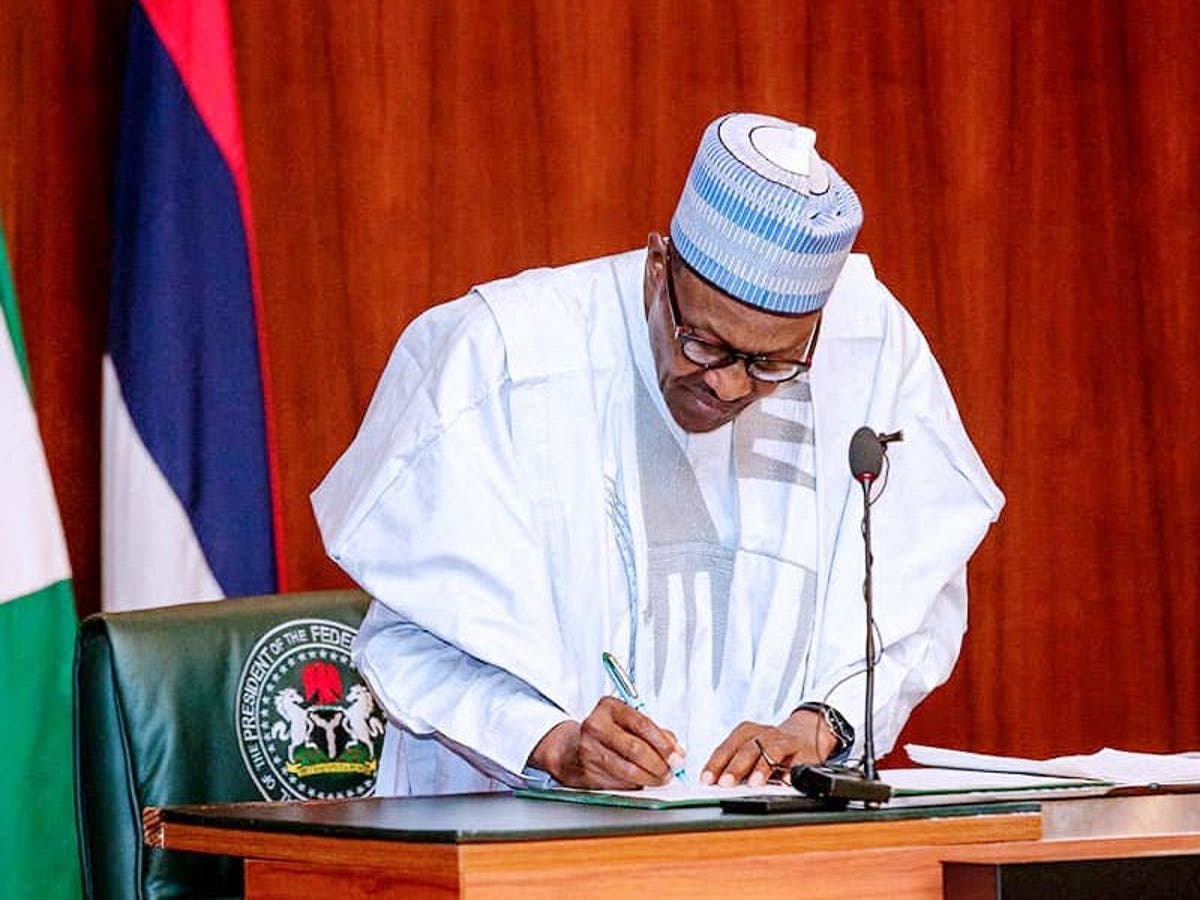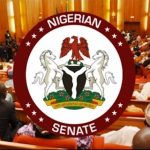The Nigerian Presidency has mandated a Federal Executive Council committee to fast-track interventions aimed at reducing food prices nationwide, as the country grapples with one of its most persistent economic challenges.
Minister of State for Agriculture and Food Security, Senator Aliyu Sabi Abdullahi, announced the directive in Abuja during a Senate correspondents’ capacity-building workshop. He explained that the immediate focus is on guaranteeing safe passage for farm produce along critical transport routes in order to ease logistics costs, which have significantly contributed to rising food prices.
Nigeria’s food inflation has reached alarming levels, compounded by insecurity, high fuel costs, and the impact of subsidy removal. For millions of households, this has meant that even basic staples are increasingly unaffordable, threatening both nutrition and food security.
Abdullahi said the Presidency’s intervention goes beyond short-term relief, framing it within a broader vision of food sovereignty—ensuring that food is not only available, but also affordable, accessible, and nutritious. He added that measures are being designed to strengthen the entire agricultural value chain.
Among the initiatives in the pipeline is a Farmer Soil Health Scheme to boost productivity by improving land fertility and crop yields. The government is also pursuing cooperative sector reforms, which it views as vital for mobilising resources, driving economic activity, and improving livelihoods in rural communities where most farmers operate.
“The cooperative movement has the capacity to transform smallholder farmers into stronger economic actors,” Abdullahi noted, emphasising that the Presidency regards this sector as central to its food security strategy.
Analysts say such reforms could also have a direct impact on small and medium-scale enterprises (SMEs) linked to agriculture, from food processing to logistics and distribution. Lower food prices and improved productivity would ease cost pressures on these businesses, helping them remain competitive in an inflationary environment.
The workshop where the announcement was made brought together key figures, including the Chairman of the Senate Media Committee, Senator Yemi Adaramodu, former presidential aide, Senator Ita Solomon Enang, and the Director-General of the National Institute for Legislative and Democratic Studies, Professor Abubakar Sulaiman.
The Presidency’s directive reflects growing recognition that stabilizing food prices is not just an economic necessity but also a social one, with implications for poverty reduction, national security, and the sustainability of Nigeria’s development agenda.










